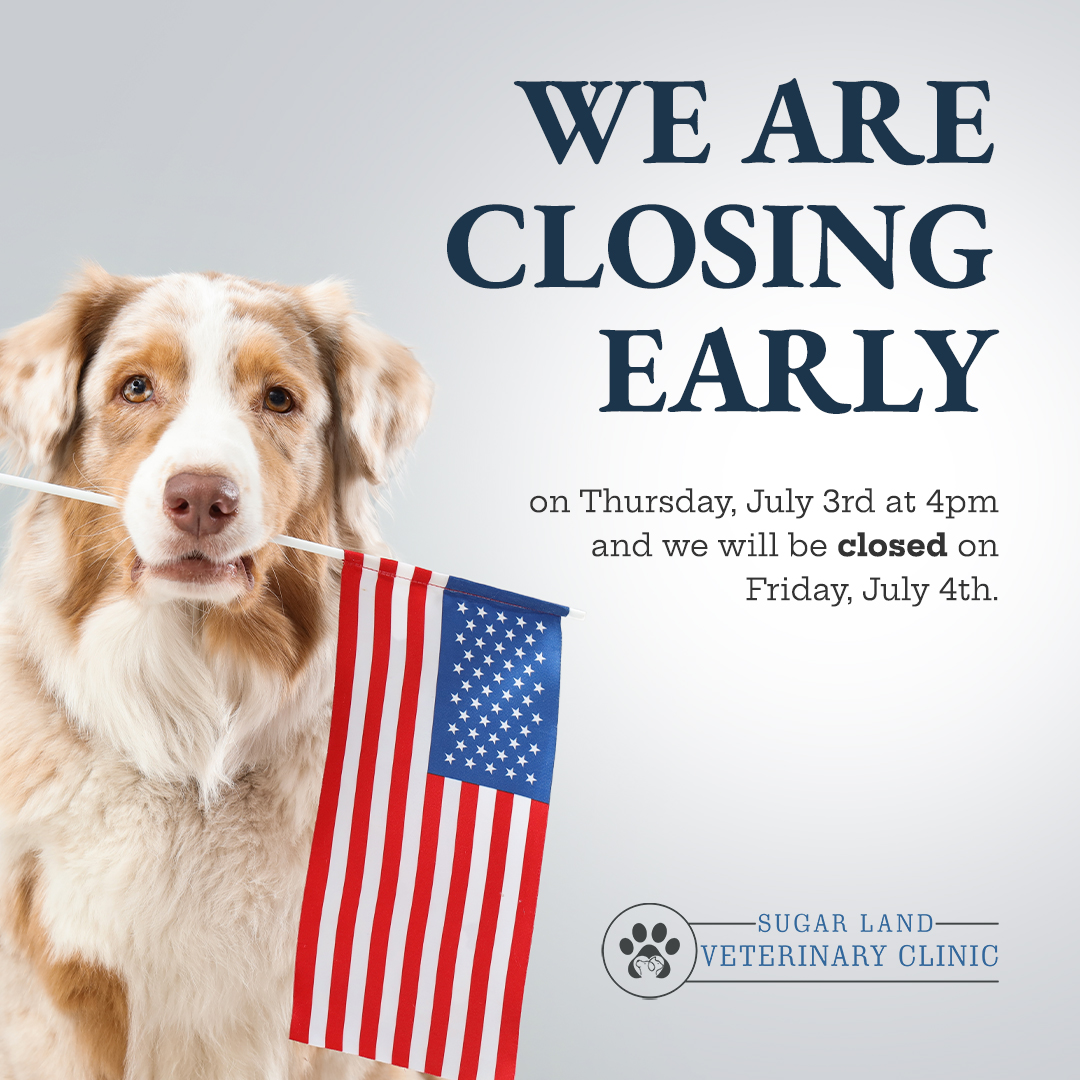
Owning a pet comes with great responsibility, and one important aspect of pet care is ensuring they receive the necessary vaccinations. Vaccinations play a crucial role in safeguarding your pet's health and well-being, as well as protecting them from serious diseases.
Why Are Pet Vaccinations Important?
Pet vaccinations are essential for several reasons. Firstly, they protect your furry friend from contagious diseases that could be potentially fatal. Vaccinations work by stimulating your pet's immune system to produce antibodies, which recognize and fight off specific pathogens. By vaccinating your pet, you significantly reduce the risk of them contracting diseases such as rabies, distemper, parvovirus, and feline leukemia.
Secondly, pet vaccinations also help prevent the spread of diseases to other animals and humans. Some diseases that affect pets, such as rabies, can be transmitted to humans through bites or scratches, posing a serious public health concern. By vaccinating your pet, you contribute to creating a safer environment for both animals and people.
Lastly, vaccinations are a cost-effective approach to pet healthcare. The cost of vaccinating your pet is significantly lower than the expenses associated with treating a disease. Prevention is always better than cure, and by keeping your pet up to date with their vaccinations, you can save both money and heartache in the long run.
Core Vaccinations for Pets
Core vaccinations are those that are considered essential for all pets, regardless of their lifestyle or environment. These vaccinations protect against diseases that are widespread and pose a high risk to your pet's health. For dogs, core vaccinations typically include rabies, distemper, parvovirus, and adenovirus. Cats, on the other hand, require vaccinations against rabies, feline herpesvirus, calicivirus, and panleukopenia.
Rabies, in particular, is a deadly disease that affects both dogs and cats. It is a zoonotic disease, meaning it can be transmitted from animals to humans. Due to its severity and potential public health impact, rabies vaccinations are legally required in many countries.
Distemper and parvovirus are highly contagious diseases that affect dogs. Distemper affects the respiratory, gastrointestinal, and nervous systems, while parvovirus attacks the intestines, causing severe vomiting and diarrhea. These diseases can be fatal, especially in puppies, making their vaccinations critically important.
For cats, the core vaccinations protect against diseases such as feline herpesvirus, calicivirus, and panleukopenia. Feline herpesvirus causes upper respiratory infections, calicivirus leads to respiratory and oral diseases, and panleukopenia is a highly contagious viral disease that affects the digestive and immune systems.
Recommended Vaccination Schedule for Puppies and Kittens
Puppies and kittens are particularly vulnerable to diseases due to their immature immune systems. It is crucial to follow a recommended vaccination schedule to provide them with adequate protection. The vaccination schedule for puppies usually begins at around 6-8 weeks of age and continues until they are 16-20 weeks old. During this period, they receive a series of shots, spaced a few weeks apart, to ensure their immune system builds up the necessary defenses against diseases.
Common vaccinations for puppies include those for distemper, parvovirus, adenovirus, and rabies. Depending on the region and the veterinarian's recommendation, additional vaccinations may be administered to protect against diseases such as leptospirosis and canine influenza.
Kittens, on the other hand, should start their vaccination schedule at around 8-9 weeks of age. They typically receive a series of shots against feline herpesvirus, calicivirus, panleukopenia, and rabies. Again, additional vaccinations may be recommended depending on the area and the cat's lifestyle.
Keeping Your Pet Healthy with Proper Vaccinations
Pet vaccinations are a critical component of responsible pet ownership. By ensuring your pet receives the necessary vaccinations, you protect them from dangerous diseases, prevent the spread of illnesses to other animals and humans, and save on potential healthcare costs. Consult with your veterinarian for personalized advice based on your pet's specific needs.
Schedule a visit with our veterinarian today to discuss your pet's vaccination needs and ensure they receive the necessary protection against harmful diseases, visit Sugar Land Veterinary Clinic at our clinic in Sugar Land, Texas, email Info@Sugarland.Vet or call (281) 800-9003 to book an appointment today.






